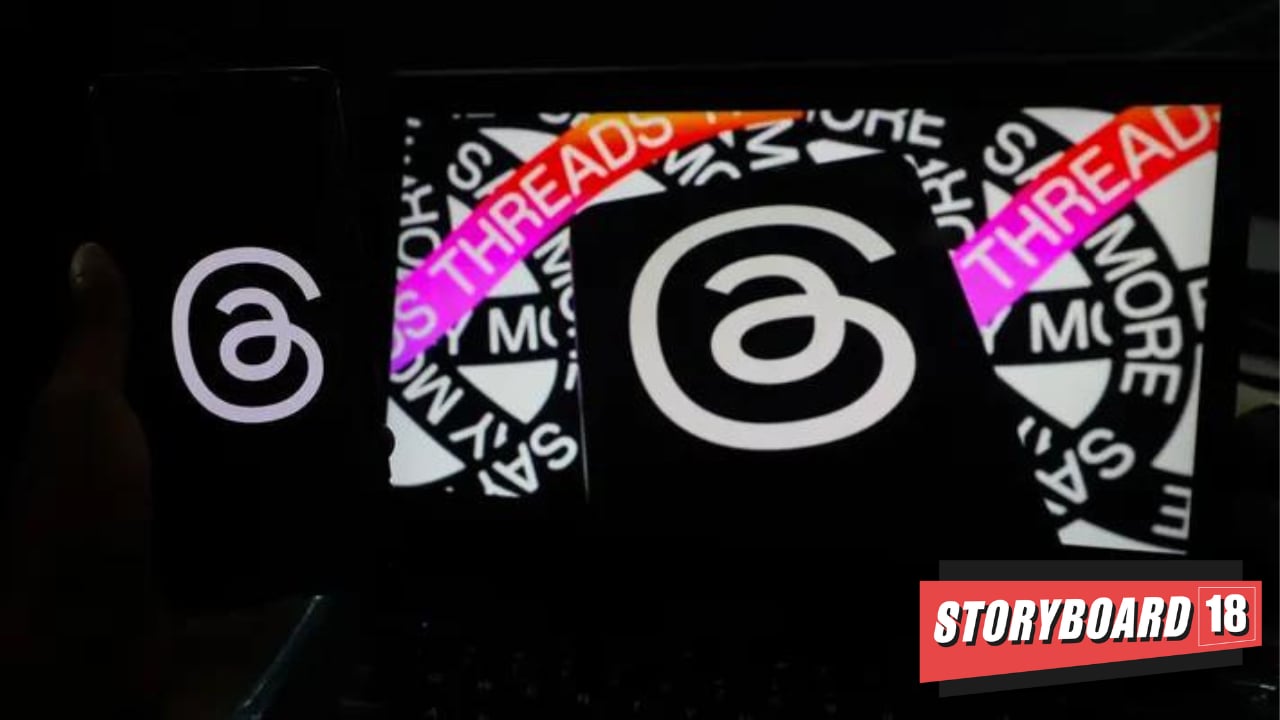Despite reports of Threads losing some user base after an initial rush, digital marketers remain optimistic about the platform’s potential as a new addition to their marketing strategies. In its early stages, Threads shows promise for monetisation.
Threads has the advantage of learning from a ready-made case study – Twitter. Digital experts believe they can rectify the mistakes made by Twitter, making Threads a platform with greater potential for revenue generation.
Ankit Oberoi, CEO and founder at ad tech company Zelto Inc., said that while there are many unexplored monetisation opportunities, some existing strategies hold great potential, which can be implemented on the platform. The most familiar one would be sponsored posts and subscriptions.
“The groundwork has already begun. This growing audience makes Threads a potentially remarkable platform for marketing and advertising. A lot of brands have joined the platform along with many content creators and influencers as well to build on the momentum,” Oberoi said.
Sponsored threads and branded partnerships enable brands to collaborate directly with content creators. The engaging and exclusive content, along with collaborations with e-commerce platforms, can empower users with shoppable threads, allowing seamless product discovery and purchasing.
“This will also enable leveraging successful models from influencer marketing, such as partnerships and sponsored posts, which can effectively drive monetization in the Threads app. Another approach that stands out for the platform would be native advertising, seamlessly integrating sponsored content within threads to create an authentic user experience,” Oberoi added. Native advertising is a paid advertising method where ads seamlessly blend with the appearance, style, and functionality of the media format in which they are placed.
Creator-driven monetization is also crucial to consider due to the difference in content format on Threads compared to Instagram. While many Instagram influencers already have a significant number of followers on Threads, this distinction will result in unique and differentiated content from them on the platform.
“Threads become a space for behind-the-scenes insights, authentic experiences, and genuine expressions, while Instagram remains the platform for showcasing polished, finished content,” said Ramya Ramachandran, founder and CEO at influencer marketing agency, Whoppl.
Content creators and platforms can play a major role in acting as mediators between brands and users. Shradha Agarwal, co-founder, and CEO at integrated communication agency Grapes, explained a few ways creators can become valuable for the platform.
“To maintain a balance between a brand and cohort, content creators or influencers can act as valuable mediators. To steer organic and community-driven discussions, brands can collaborate with influencers, building conversations through trends. Organic conversations can only be driven by consistently staying abreast of the trends on the platform and in the industry at large,” Agarwal said.
To avoid the monetization challenges faced by Twitter, Threads can learn valuable lessons. These include establishing a strong influencer community that goes beyond political discussions and opinion sharing, effectively capitalizing on advertising revenue, attracting and retaining advertisers, and converting the large user base into profitable revenue streams.
However, some experts share a different opinion. They believe that the audience is different on both platforms, which makes a significant difference in the monetization strategy.
“While most believe Threads to be a duplicate of Twitter, from a marketing perspective, both platforms are quite different. The core strategy for monetization is the audience that Threads caters to – it’s a platform that allows brands to continue to target Instagram-led & more socially active young users, and its ability to drive ‘chat-style’ conversations is key for successful brand integrations,” said Mrunali Dedhia, vice president at another influencer management agency, Chtrbox.
Experts also suggested that brands shouldn’t take over the platform completely. Striking a balance between monetized and organic content while preserving transparency and user engagement is crucial for the platform’s success, they said.
